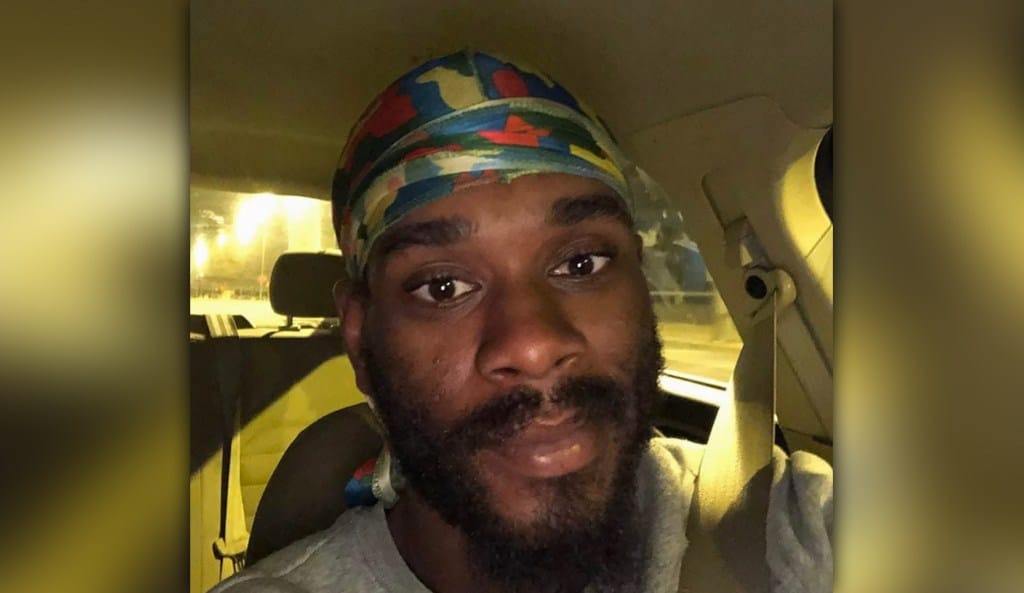
One way or another, the Knicks are going to have to do something with their draft picks.
The Knicks have a pair of first-round picks in the upcoming 2024 NBA Draft: their own at pick No. 25, and pick No. 24, acquired as part of the Kristaps Porzingis trade with the Dallas Mavericks.
What the front office does with those picks — and when Knicks management makes a move — will be indicative of the direction the organization will move in after a successful season securing the Eastern Conference’s No. 2 seed ended with a second-round loss to the Indiana Pacers for a Knicks team missing several key rotation players in its postseason run.
The Knicks, after all, finished the second round without All-Star forward Julius Randle (shoulder surgery), starting center Mitchell Robinson (ankle surgery), sixth man Bojan Bogdanovic (ankle surgery) and starting forward OG Anunoby (strained hamstring), who only played in Games 1 and 2 against the Pacers before sitting Games 3 through 6 and all but the opening five minutes of Game 7.
Now the focus shifts to improving the roster for a deeper, more fruitful playoff run next season.
And this is not a team looking to build around rookie talent.
Rather this is a Knicks team with a core already proven capable of winning at a high level.
Which is one of a number of reasons why picks Nos. 24 and 25 are likely to be on the move, because draft assets are most valuable before they are converted into rookie players on draft night, and the Knicks have two assets they can use as they go star-hunting this offseason.
All of the Knicks core rotation players except two are under contract for next season: Isaiah Hartenstein, who will enter unrestricted free agency, and Anunoby, who is expected to decline the $19.9 million player option on his contract and secure a pay raise this summer. Precious Achiuwa will also become a restricted free agent this summer.
Anunoby is expected to re-sign in New York — after all, the Knicks would not have traded both RJ Barrett and Immanuel Quickley for a half-season rental — which means the Knicks project to have the core group of Jalen Brunson, Josh Hart, Donte DiVincenzo and Miles McBride, as well as the injured Randle, Robinson, Bogdanovic and Anunoby on the roster entering the offseason.
KEEP AND USE THEIR OWN PICKS
They have had success identifying talent late in the first round, and even the second round of draft classes since Leon Rose became president of basketball operations.
Those late-draft finds include Quickley, Quentin Grimes, McBride and Jericho Sims.
It is not unfathomable for the Knicks to have a list of players they like in case they are unable to trade their picks.
Trading the picks, however, better suits the Knicks’ timeline, with a window to compete jarred wide-open.
PACKAGE THE PICKS AND MOVE UP
This kind of deal happens frequently.
Team A might be swayed on a deal if Team B can get a top-14 pick, but Team B only has picks Nos. 24 and 25, so they contact all teams picking in the lottery to see if one will bite.
This draft class is universally regarded as one of the weaker classes in recent memory, which means the gap between players ranked five and 20 on many big boards isn’t very wide.
The Knicks may feel there’s a potential impact player they can move up in the draft to select in the first round.
But if they package their picks together and move up in the draft order, it could be the precursor to a larger deal involving more picks and players.
PACKAGE THE PICKS IN LARGER DEAL FOR STAR
If the Knicks are indeed going star-hunting this summer, the pair of first-round picks will be critical draft capital for any team hoping to start, or jump start, a rebuild.
The Phoenix Suns, for example, sent four first-round picks, a first-round pick swap, and two young rotation players (Mikal Bridges and Cam Johnson) to the Brooklyn Nets for Kevin Durant.
The Nets sent out three first-round picks, four first-round pick swaps and four rotation players (namely Jarrett Allen, Caris LeVert and Taurean Prince) in the James Harden deal with the Houston Rockets.
The Knicks own all of their own first-round picks, plus several from other teams, including one each from Dallas (2024) and Milwaukee (2025) and another two from Washington and Detroit with heavy protections delaying the picks’ conveyance to New York.
And because picks represent the allure of the unknown, the Knicks will have more leverage using those selections in trade discussions before draft night, as opposed to holding onto a pick, selecting a player, and then attempting to trade him later, though teams frequently select players in a draft on behalf of another team as part of draft-night trades.
USE ONE PICK, TRADE THE OTHER
Just because a player is fresh out of college doesn’t mean he can’t help a contending team.
The Pacers, for example, selected Ben Sheppard 26th overall in the 2023 NBA Draft, and Sheppard not only logged minutes in the second round against the Knicks, but has remained part of the rotation in the conference finals against the Boston Celtics.
The Mavericks and Thunder each drafted rookies last year, then traded them to one another, with Cason Wallace going to Oklahoma City and Dereck Lively II headed to Dallas.
Both logged important minutes for their respective teams’ playoff run.
Then again, the Minnesota Timberwolves couldn’t find any playing time for Leonard Miller, and the Boston Celtics haven’t drafted and played a rookie since taking Aaron Nesmith 14th overall and Payton Pritchard 26th in 2020.
Not every contender has room for rookies, which puts the Knicks, a contender with an active offseason ahead, at a crossroads with their first-round picks.





